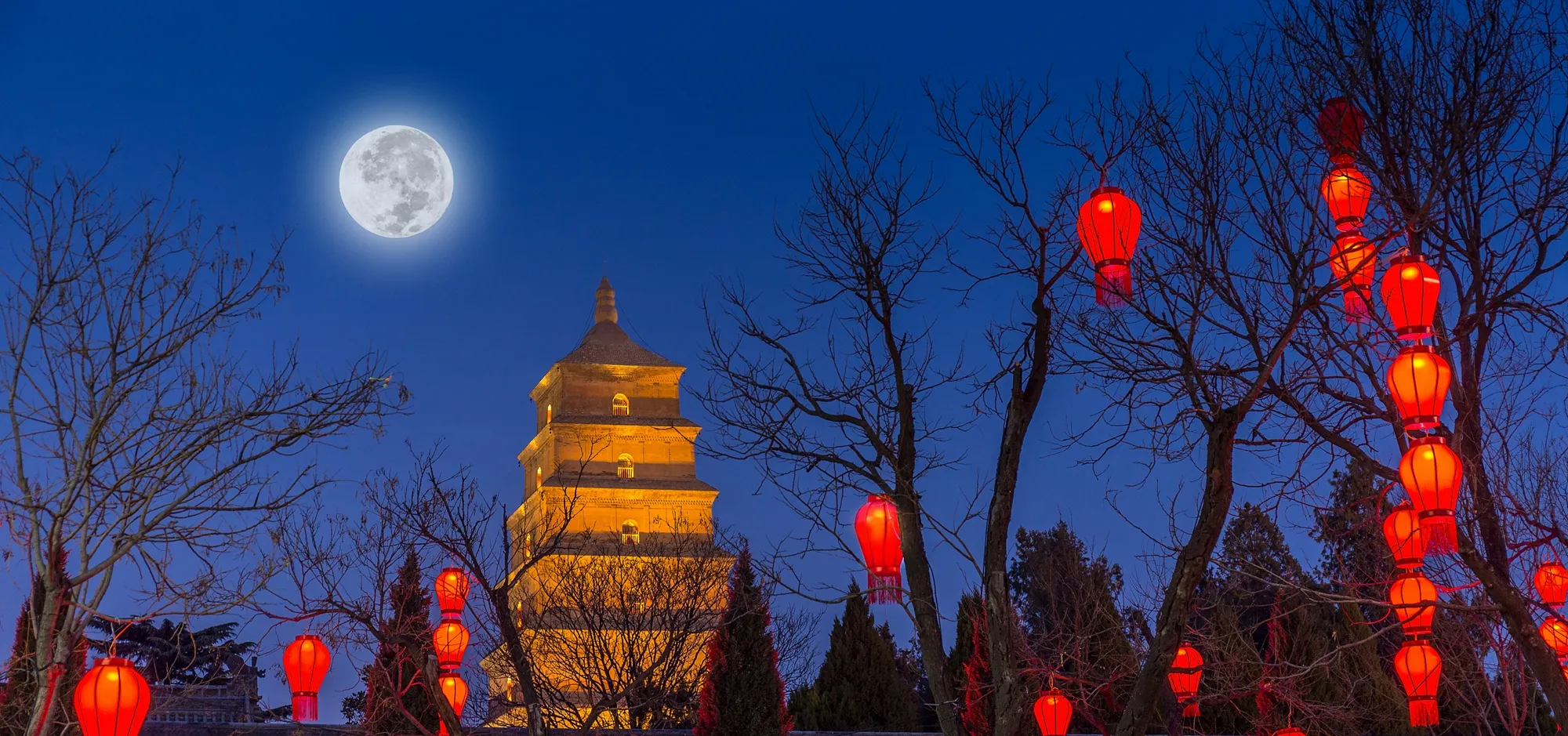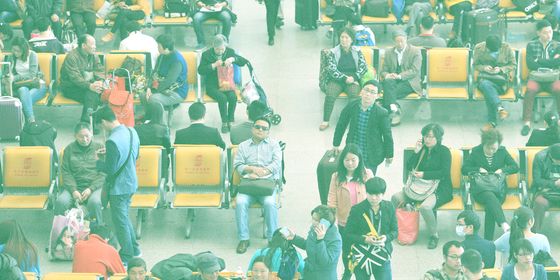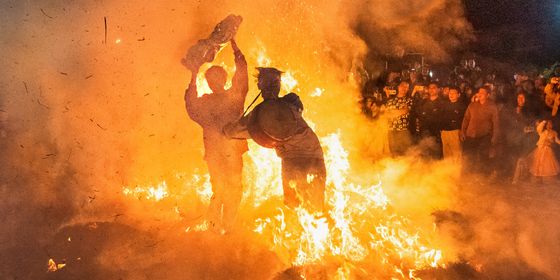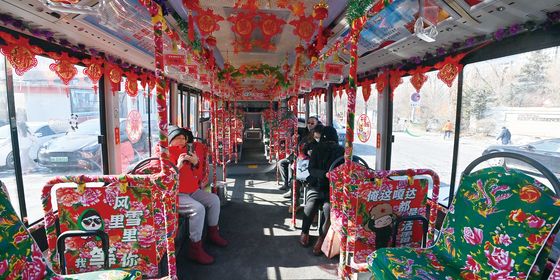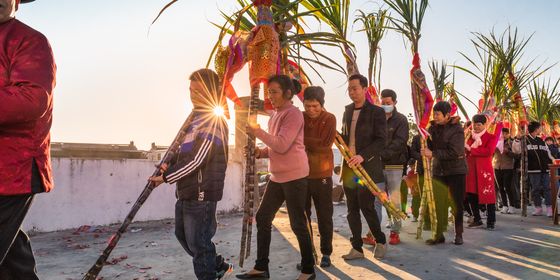Five ancient poems that celebrate the first full moon of a new Lunar New Year
As evening falls on the fifteenth day of the Lunar New Year, the first full moon of the year rises in the sky, and a fresh lunar cycle begins. Known as Yuanxiaojie (元宵节) in Chinese, where 元 means “beginning,” and 宵 means “night,” Lantern Festival marks an evening of joyful celebration, and is the first important festival after the Lunar New Year festivities. Glutinous rice balls named tangyuan (汤圆) in southern China, or yuanxiao (元宵) in the north, in various sizes and fillings, are an indispensable food on this day in modern times, while in ancient China, the festival was similar to modern Valentine’s Day, with couples expressing their romantic feelings under the light of the full moon and singles seeking out love.
Widely celebrated as early as the Western Han dynasty (206 BCE – 25 CE), the ritual of lighting paper lanterns emerged later when Buddhism was adopted by the Eastern Han (25 – 220) court. From then on, as evening descended, the emperor would order lamps and lanterns lit to worship Buddha—this practice soon spread among the commonfolk.
But Yuanxiaojie is also important to Daoist followers, who know it as the Shangyuan Festival (上元节). In Daoism, the day marks the birthday of Tianguan (天官, “Heaven Minister”), one of the three gods of Daoism responsible for blessings—the others are Diguan (地官, “Earth Minister”), who is in charge of pardoning sins, and Shuiguan (水官, “Water Minister”), responsible for reversing adversity.





